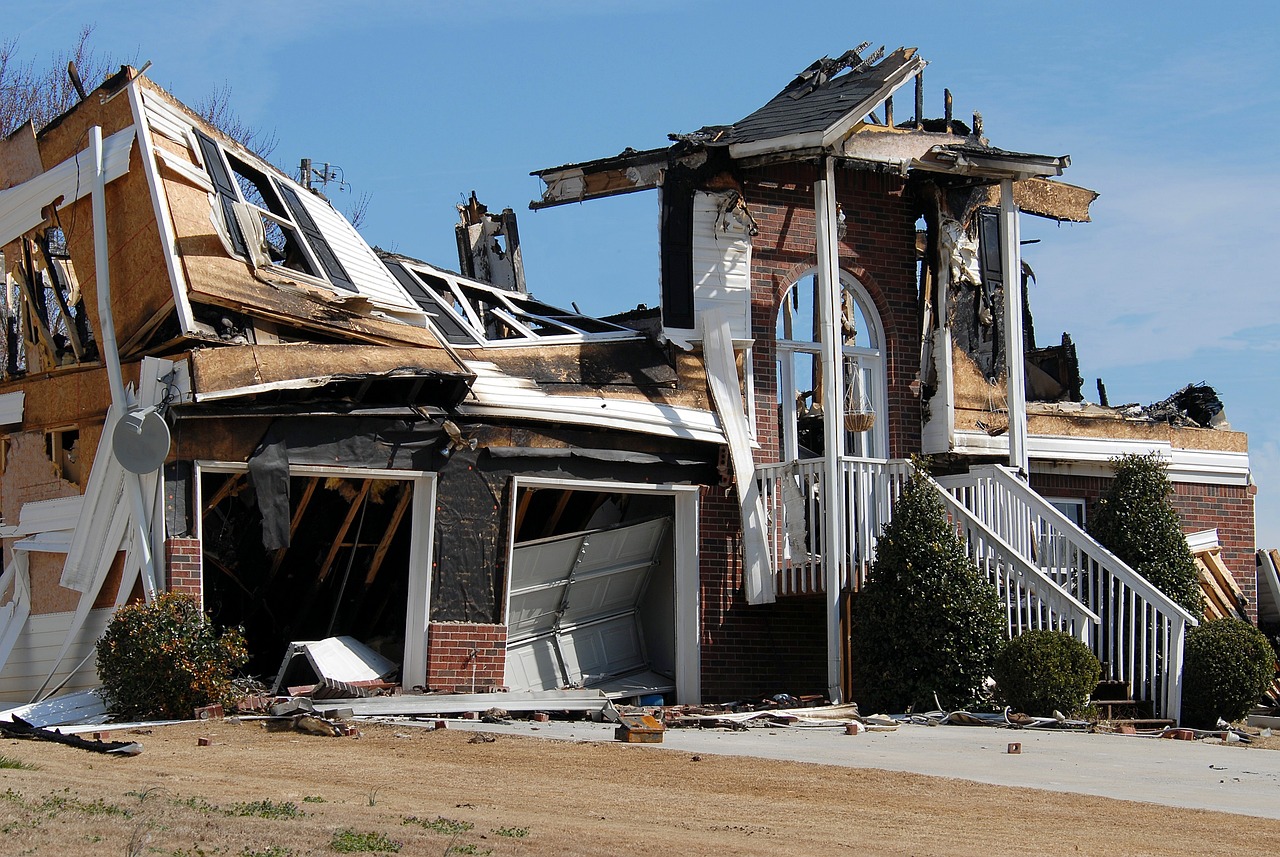The Ins and Outs of Selling a Fire-Damaged Property: Essential Tips for Homeowners
Are you a homeowner who’s faced the devastating aftermath of a fire? Dealing with the aftermath can be overwhelming, especially when it comes to selling your fire-damaged property. From navigating insurance claims to finding interested buyers, this process can seem like an uphill battle. But fear not. In this blog post, we’ve compiled essential tips and expert advice on how to sell a fire damaged home.
Whether you’re looking for practical guidance or creative solutions, we’ve got you covered. So let’s dive in and discover the ins and outs of selling a fire-damaged property – get ready to turn tragedy into triumph.
Initial Assessment of Fire Damage
Before you embark on the journey of selling a fire-damaged house, the first step is to conduct a thorough assessment of the damage. This includes examining the structural integrity, electrical systems, plumbing, and the extent of smoke and soot damage. Hiring a professional inspector with experience in evaluating fire-damaged properties is highly recommended. The assessment will not only give you a clear understanding of the property’s condition but also provide crucial information to potential buyers.

Determine the Scope of Repairs
After assessing the damage, you must determine the scope of repairs needed to make the house safe and habitable. This can be a complex and costly process, as fire damage often extends beyond what is immediately visible. Structural issues, electrical and plumbing damage, and the presence of toxic substances like asbestos or lead paint may all need attention. Consult with contractors and restoration experts to estimate the costs and timeline for repairs.
Insurance and Documentation
Contact your insurance company to file a claim for the fire damage. Your policy may cover some or all of the costs associated with the restoration, depending on the extent of your coverage. Keep meticulous records of all interactions with the insurance company and document the damage thoroughly with photographs and written descriptions. This documentation will be valuable during the sale process.
Legal and Regulatory Requirements
Selling a fire-damaged house often involves navigating a web of legal and regulatory requirements. You may be obligated to disclose the extent of the damage to potential buyers, and local building codes may need to be satisfied before a sale can proceed. Consulting with legal and real estate professionals who specialize in these matters is essential to ensure you comply with all regulations.
Pricing and Valuation
Determining the right price for your fire-damaged house can be challenging. While the damage may be significant, you’ll need to strike a balance between covering your costs and making the property appealing to potential buyers. Consider obtaining an appraisal from a certified appraiser with experience in assessing fire-damaged properties. This will provide an accurate valuation based on the property’s current condition.
Disclosure and Transparency
Ethical and legal considerations require full disclosure to potential buyers regarding the fire damage and any repairs made. Transparency is crucial to establishing trust and ensuring that buyers are well-informed about the property’s condition. It is also in your best interest to be forthright about the state of the house to avoid any potential legal issues in the future.
Marketing and Selling Strategies
To attract buyers for your fire-damaged house, it’s essential to develop effective marketing and selling strategies. Consider working with a real estate agent who specializes in selling distressed properties. They can help you create a targeted marketing plan that reaches potential investors, contractors, and buyers looking for fixer-upper opportunities.
Selling “As-Is” or Repairing First
A key decision you’ll need to make is whether to sell your fire-damaged house “as-is” or invest in repairs before listing it on the market. Selling “as-is” may attract investors looking for renovation projects, but it could result in a lower sale price. On the other hand, repairing the property before listing it may require a substantial upfront investment but could lead to a higher sale price. Weigh the pros and cons carefully, considering your financial situation and your goals for the sale.
Selling a fire-damaged house is undoubtedly a complex and emotionally charged endeavor. However, with proper planning and a clear understanding of the process, you can navigate this challenging situation effectively. Begin with a thorough assessment of the damage, consult professionals for guidance, and ensure full disclosure to potential buyers. By following these steps and seeking expert advice, you can successfully sell your fire-damaged house and move forward with the next chapter of your life.…







 If the at-fault driver is uninsured or underinsured, it can complicate the process of obtaining fair compensation. Legal counsel can guide you on how to tap into your own insurance coverage, such as uninsured/underinsured motorist (UM/UIM) coverage, to recover damages.
If the at-fault driver is uninsured or underinsured, it can complicate the process of obtaining fair compensation. Legal counsel can guide you on how to tap into your own insurance coverage, such as uninsured/underinsured motorist (UM/UIM) coverage, to recover damages. Whether your accident involved a standard car, a commercial truck, a motorcycle, or a pedestrian, legal counsel can provide specialized guidance tailored to the unique aspects of your case. They can also handle accidents involving hit-and-run, drunk driving, or other criminal activities.
Whether your accident involved a standard car, a commercial truck, a motorcycle, or a pedestrian, legal counsel can provide specialized guidance tailored to the unique aspects of your case. They can also handle accidents involving hit-and-run, drunk driving, or other criminal activities.